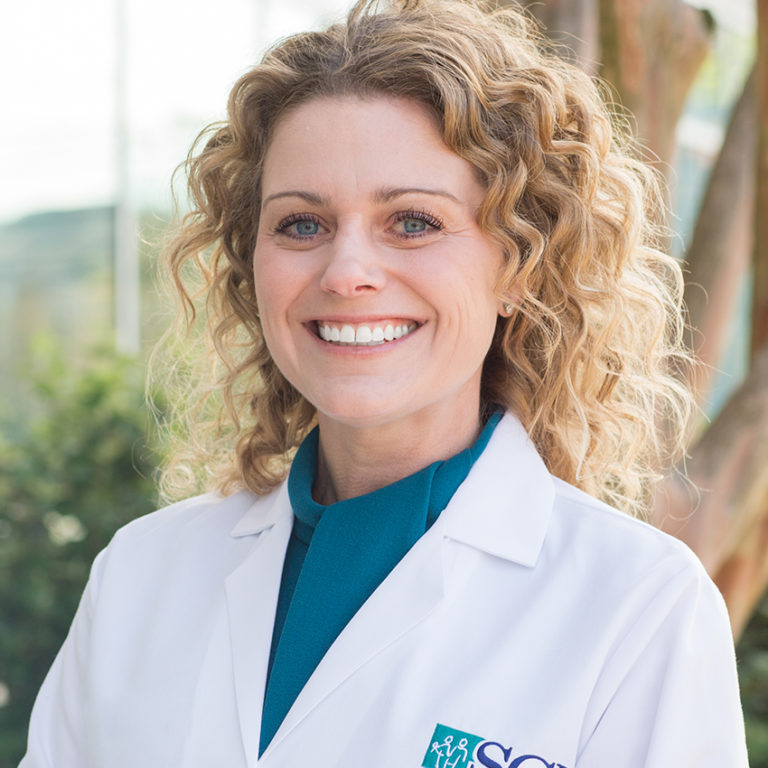Your ovarian reserve is an important assessment of your fertility potential. When discussing ovarian reserve, it is important to recognize there are two pieces to assess – quantity (how many are left) and quality (how good are they).
Quantity (which is often referred to as the “egg supply”) is the number of potential eggs that remain in your ovaries at any given time. Women are born with all the eggs they will ever have, around 1 to 2 million, and as a woman ages the number of eggs in her ovaries decline. By the time a woman reaches menopause, as few as a couple hundred may remain.
Quality is another important component of the ovarian reserve. Quality is dependent mostly on a woman’s age. As a woman ages, so do the eggs that remain in her ovaries. This is why is it harder to conceive and why women have higher rates of miscarriage with increasing age.
“My patients often ask about their egg supply at their first visit. They want to know if I can tell them if their eggs are ‘healthy’ enough to have a baby,” shares Dr. Candice B. O’Hern (Perfetto). “I advise them that we do have ways to assess your egg quantity, but quality is not something we can test for (outside of knowing your age).”
Here are 10 things you should know about your ovarian reserve:
Factors that Impact Egg Supply
1. Age is the biggest factor affecting egg supply.
This is true for all women: the quality and quantity of your egg supply decreases with age. You are born with all the eggs you will ever have, and your body does not have the ability to produce more eggs. In addition, there are not currently any available treatments to increase the quantity of your egg supply (although we all hope there will be one day).
Maintaining a healthy lifestyle, as well as adding appropriate supplements such as PNV, Coenzyme Q10, Melatonin and Fish oil may help boost the quality of your eggs.
- CoQ10 may boost mitochondrial function and work as an antioxidant, which may improve the quality of eggs (200 mg, 3x daily)
- Melatonin may boost antioxidants, encourage ovarian function and aid in sleep (3mg each evening)
- Fish oil (EPA/DHA) may help produce higher quality eggs and help reproductive function in advanced maternal age (1200-1500mg EPA + DHA daily, do not exceed 3000 mg/day).
2. Other factors also affect the quantity and quality of eggs.
While age is the most important factor, the quantity and quality of the eggs available is may be affected by:
- Primary ovarian insufficiency (rare, but can occur secondary to genetic, autoimmune or unknown causes)
- Health issues such as autoimmune disorders, inflammatory conditions, cancer treatment or surgery that involves the ovaries
Testing egg supply
3. Currently there are two types of tests used to help determine the status of your ovarian reserve.
The first type is bloodwork. On cycle day 2-3, you can have your Follicle Stimulating Hormone (FSH)/Estradiol level and an Anti-Müllerian hormone (AMH) level drawn.
The second type is a transvaginal ultrasound. It is often performed on the third day of your cycle as well. The ultrasound allows your physician to count the number of small follicles in your ovaries (antral follicle count, AFC).
When evaluating your egg supply, your doctor will look at the results of these tests together to get a complete picture of your ovarian reserve.
4. Ovarian reserve testing is a key part of an initial infertility evaluation.
If you see a fertility specialist, your doctor will include ovarian reserve testing in your evaluation.
5. You can ask also your OB/GYN provider to check your egg supply during a routine annual exam.
Regardless of your age, you can request ovarian reserve testing (most often an AMH level) during an annual visit with your OB/GYN provider. Testing can help younger women (those in their 20s and early 30s) know what their ovarian reserve is compared to other women their age. Although it does not predict “fertility” and is only an assessment of egg quantity – it is incredibly useful if a female is interested future family planning.
6. Most insurance plans cover ovarian reserve testing.
Because egg testing is part of an infertility evaluation, most insurance companies will cover the cost. Coverage of fertility treatment will vary based on your insurance provider and plan. Check with your insurance provider to see what is covered.
Available treatment and resources
7. Treatment is available for women with low ovarian reserve.
Even with a decreased egg supply, there are successful treatments options available to help you conceive. Depending on your age, partner status, family planning goals and the complete infertility evaluation – you may be offered a range of treatment options. Those may include medicated intrauterine insemination cycles (IUI), in vitro fertilization (IVF), egg freezing and donor egg. Your doctor will help you balance the least complex treatment option with the greatest chances of success based on your goals.
8. Egg freezing is now a reality for many women.
For women whose ovarian reserve may be beginning to decline, or for those who are not planning on conceiving in the near future, egg freezing can help preserve future family building options. Advances in egg freezing technology have greatly increased success rates for getting pregnant by freezing, thawing, and fertilizing eggs.
9. Time is of the essence.
“I tell my patients, and I encourage my OB/GYN colleagues to share with their patients, that your treatment success depends on your age and reserve,” shares Dr. O’Hern. “If you get tested and find you have a low ovarian reserve you should not wait to see a fertility specialist. The younger you are, the higher your chance of success.”
10. Resources are available to help you be proactive about your fertility.
Reference our resource library to access a wealth of fertility information, including egg supply.
Medical contribution by Candice B. O’Hern (Perfetto), M.D.
Candice B. O’Hern (Perfetto), M.D., is board certified in obstetrics and gynecology (OB/GYN) as well as reproductive endocrinology and infertility (REI). Dr. Perfetto received her medical degree from Georgetown University School of Medicine in Washington, D.C.
To learn more about testing your egg supply or to schedule a new patient appointment, please call our New Patient Center at 877-971-7755.
Editor’s Note: This article was originally published in August 2015 and has been updated for accuracy and comprehensiveness as of July 2023.







